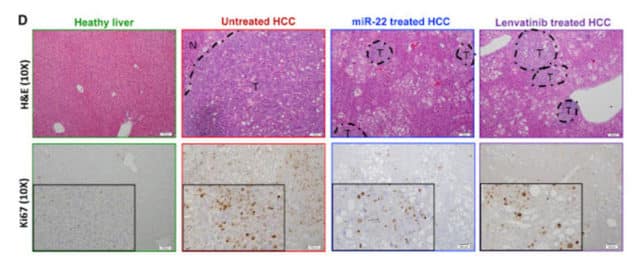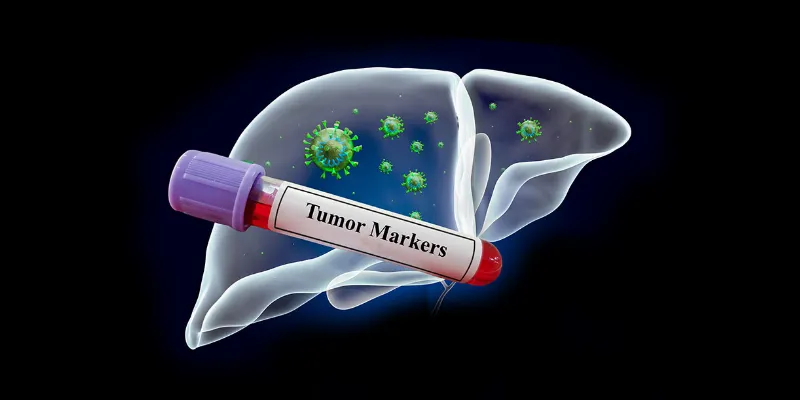MicroRNA-Based Gene Therapy, Holds Promise in Battle Against Liver Cancer

26 August 2023
Researchers from the UC Davis Comprehensive Cancer Center have identified microRNA-22 (miR-22) as a promising new treatment for hepatocellular carcinoma, the most prevalent type of liver cancer. The study showcases miR-22's potential in both enhancing survival rates and fortifying the body's anti-tumor defenses. The miR-22 treatment also reduced liver inflammation and produced better survival outcomes with no observable toxicity.
The study published in Molecular Therapy. The innovative approach of this study was to use gene therapy to coax the body into producing miR-22. Remarkably, in tests on mice afflicted with liver cancer, this method yielded results that surpassed the effectiveness of lenvatinib, a drug currently approved by the FDA for liver cancer treatment. The mice treated with miR-22 not only showed a reduction in liver inflammation but also had superior survival outcomes.
"This research introduces miR-22 gene therapy as a promising and innovative approach to treating hepatocellular carcinoma. The study's findings suggest that miR-22 therapy could provide better survival outcomes, enhance anti-tumor immunity, improve metabolism, and reduce inflammation," said Professor Yu-Jui Yvonne Wan, senior author of the study and vice chair for research in the UC Davis Department of Pathology and Laboratory Medicine.

Given the global implications of liver cancer, which claims over 700,000 lives annually, the significance of this study cannot be overstated. While there are existing treatments for hepatocellular carcinoma, they often come with severe side effects and can be prohibitively expensive. In this context, the emergence of miR-22 as a potential treatment alternative is a beacon of hope for both patients and healthcare professionals.
As the research world awaits further developments, the University of California has already moved to file a patent for the therapeutic application of miR-22. This proactive step underscores the potential they see in this discovery. While more research is undoubtedly required, the preliminary findings point towards a brighter, more hopeful future in the fight against liver cancer.
MicroRNAs in Health and Disease
MicroRNAs are small, non-coding RNA molecules found in plants and animals. Unlike some RNA molecules, they don't produce proteins. miR-22, a type of microRNA, acts as a brake, halting the production of proteins like cyclin A and hypoxia-inducible factor, which can promote liver cancer growth. Hepatocellular carcinoma tumors often lack miR-22, and its presence can help predict patients' survival time.

Researchers introduced miR-22 into mice using an inactivated adenovirus via a single intravenous injection. When compared with mice treated with the FDA-approved drug lenvatinib, both therapies inhibited liver cancer progression. Yet, miR-22-treated mice experienced extended survival times without toxicity compared to those treated with lenvatinib.
Liver Cancer's Global Impact
Liver cancer accounts for over 700,000 global deaths annually, as per the American Cancer Society. In the U.S., around 36,000 individuals are diagnosed annually, with approximately 28,000 succumbing to the disease.











Comments
No Comments Yet!